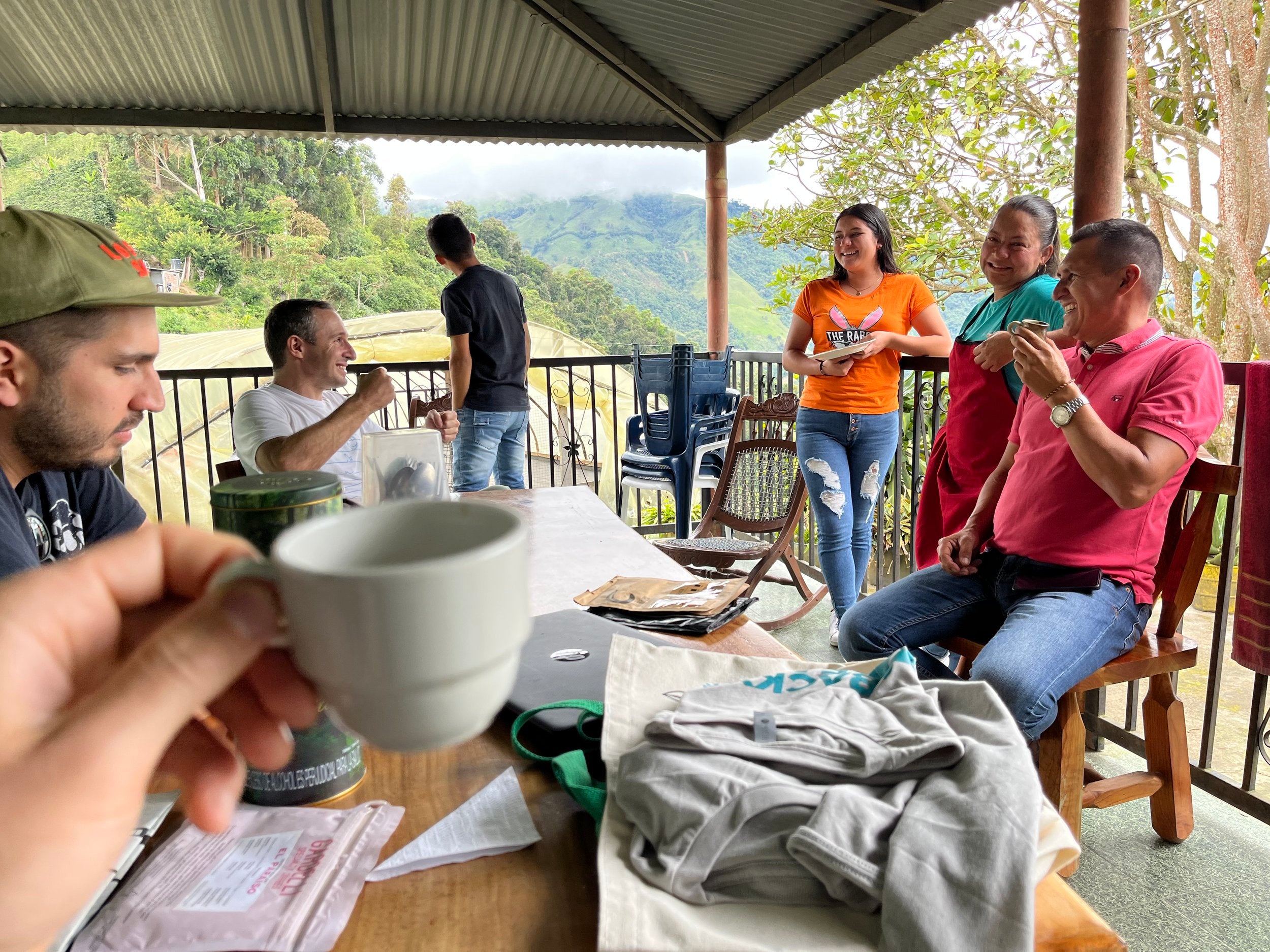
Colombia Part 2: Established Specialty Farms
This is a journal entry from our Director of Coffee, Bobby Wrigley, from his recent trip to Colombia.
Specialty coffee is fairly established in Colombia–especially in central and southern Huila–so, there are many farmers who are doing phenomenal work to produce amazing coffee. These are farms that not only have great growing conditions at high elevations but also the attention to detail with variety selection for planting, picking, processing, and care for the land, which is what makes these coffees stand out.
During my trip, I had the opportunity to visit a few of these farms, namely Finca El Paraiso that produces a coffee that has been on our menu since the spring of 2019. Ernedis Rodriguez is the farm owner, and he has been happily selling all of his coffee exclusively to our export/import partner for over five years.

Ernedis Rodriguez picked us up at the Neiva Airport, located two and a half hours from his farm, and he drove us to Gigante, Huila, where we spent the night. Ernedis lives on his farm at the top of the mountain ridge towering over the city of Gigante, about a 30 minute mountain drive. He and his wife bought this farm 15 years ago. They have three children–the youngest is 15–who are all following in their father’s footsteps and pursuing careers in the coffee industry. They help on the farm, study coffee agronomy at school, and go through cupping training.

As a testament to Ernedis’ hard work and smart farming practices, El Paraiso produces specialty coffee scoring over 85 points. It is truly unique, and it is not uncommon for his entire harvest of 40+ bags of coffee to all score 85+ points.

Finca La Esmeralda run by Jose Norbey Quimbayo is another established specialty farm that we visited. The difference between Ernedis’ and Jose is that Jose is new to selling to The Coffee Quest (TCQ). Jose was introduced to TCQ when his Pink Bourbon coffees scored 2nd in a TCQ competition. This motivated him to explore the relationship and what prices he could get for more of his coffees.

Finca La Esmeralda is an immaculate farm with many plots separated by variety–Caturra, Pink Bourbon, Geisha, and Java. On top of growing unique varieties, Jose utilizes different processing methods to create a unique portfolio of coffees to offer buyers. To produce specialty coffee it does take an entrepreneurial spirit. He takes pride in knowing that roasters from all around the world appreciate his coffee and come to visit his farm. Jose and his wife explained how his neighbors have always asked them how they get paid better prices for their coffee, but many of them are not interested in putting in the extra work once they hear what is required.


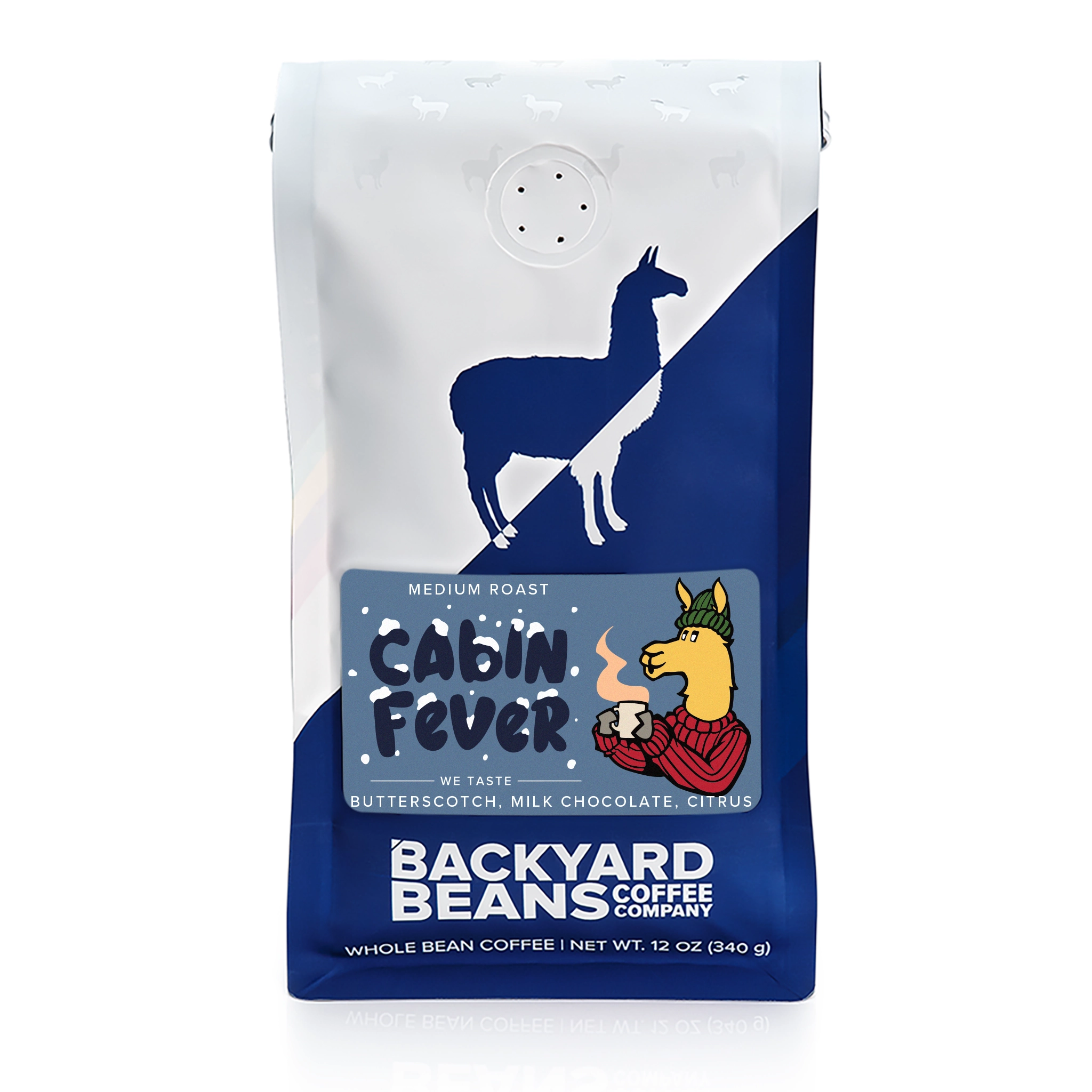
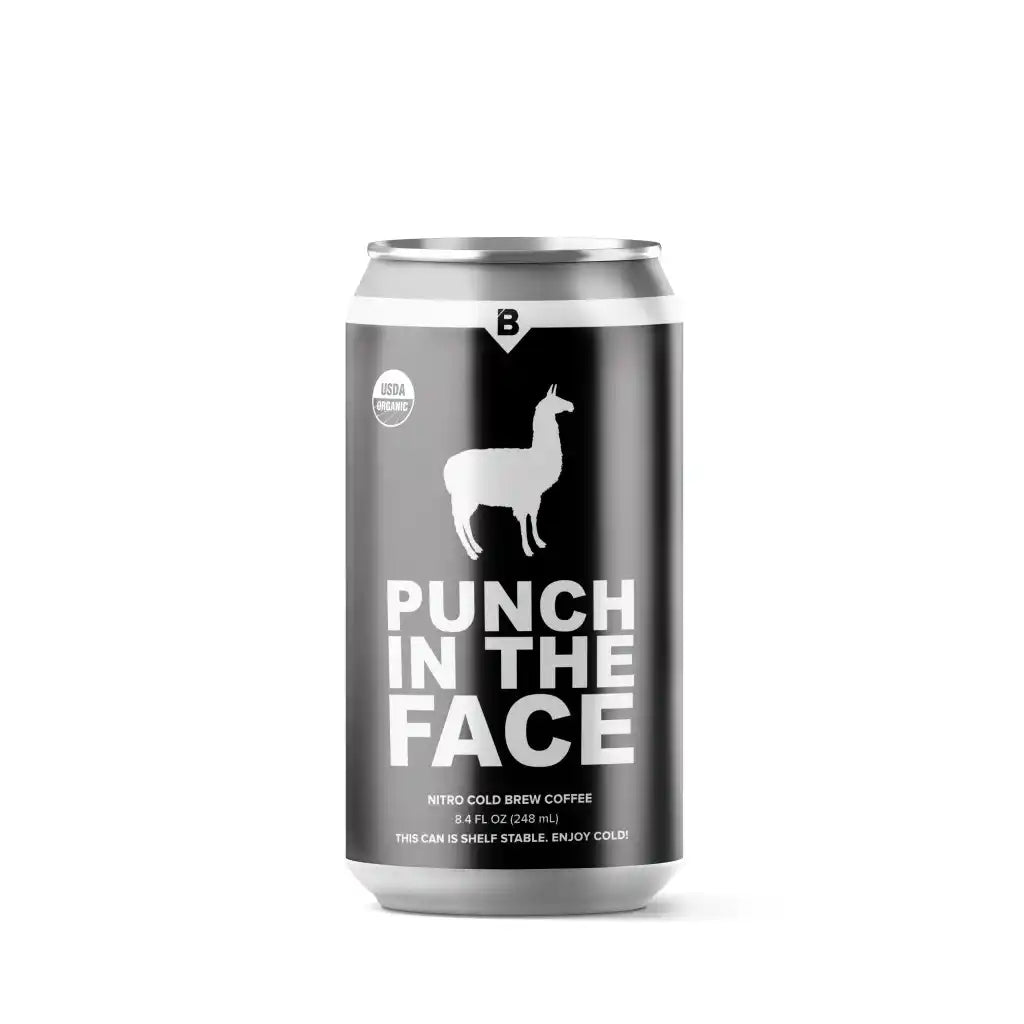
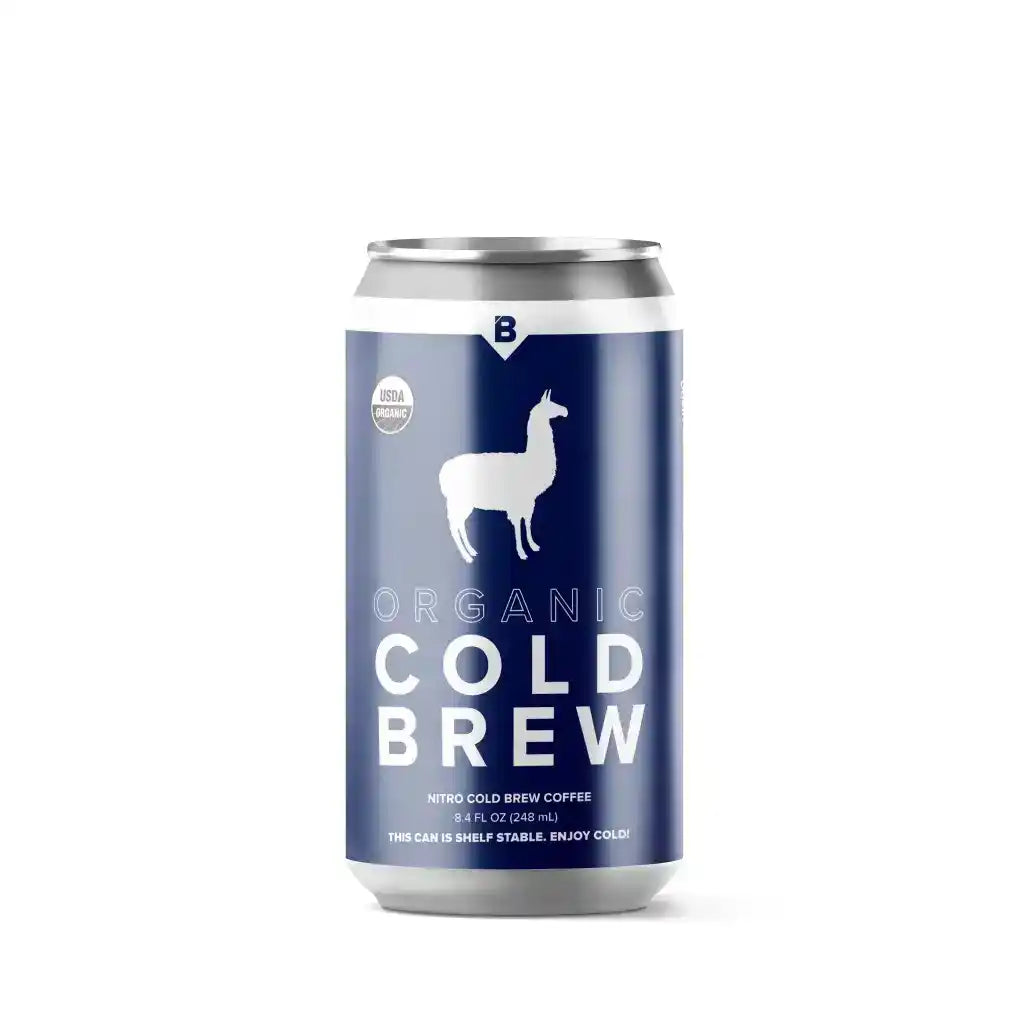
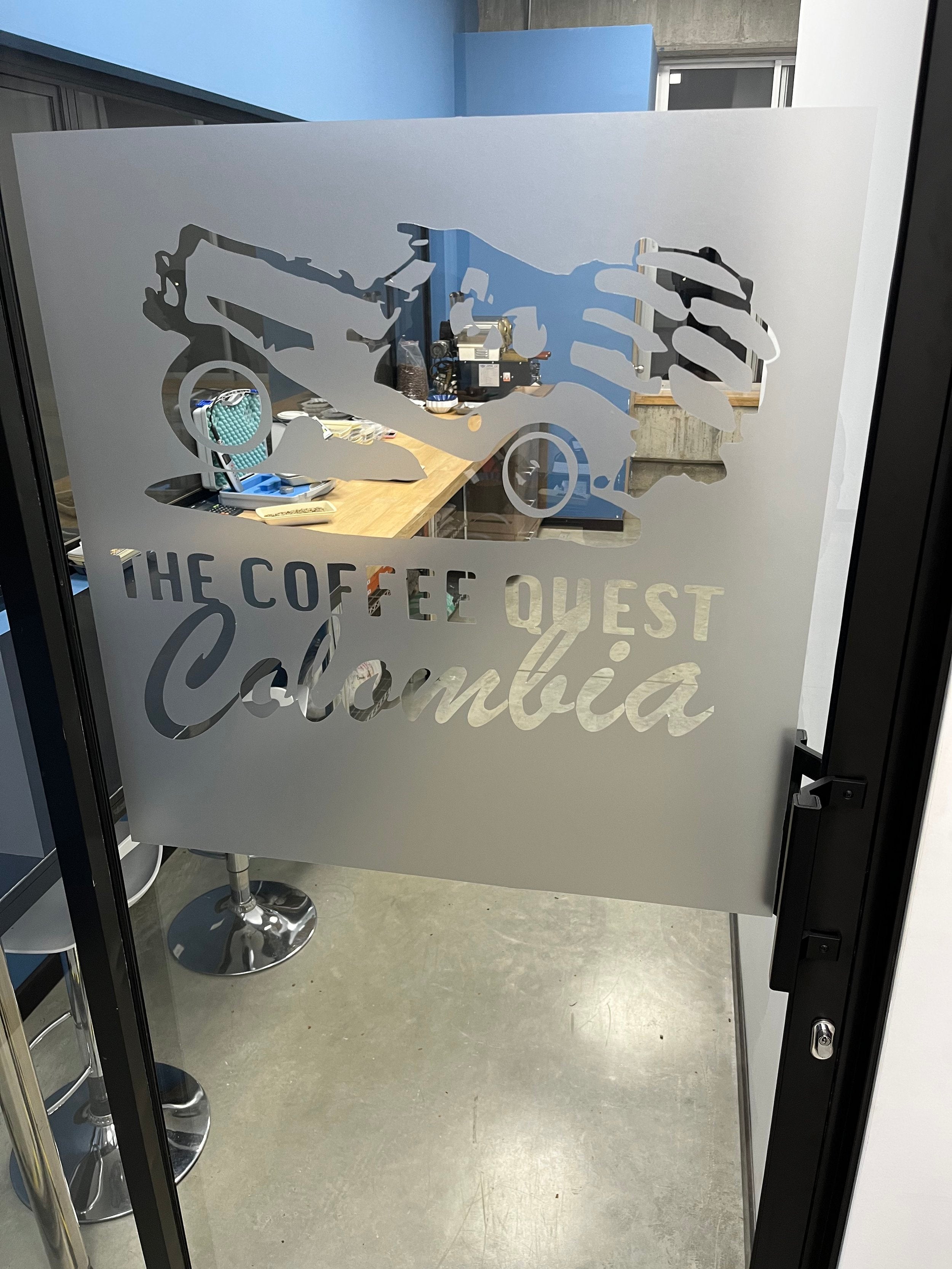
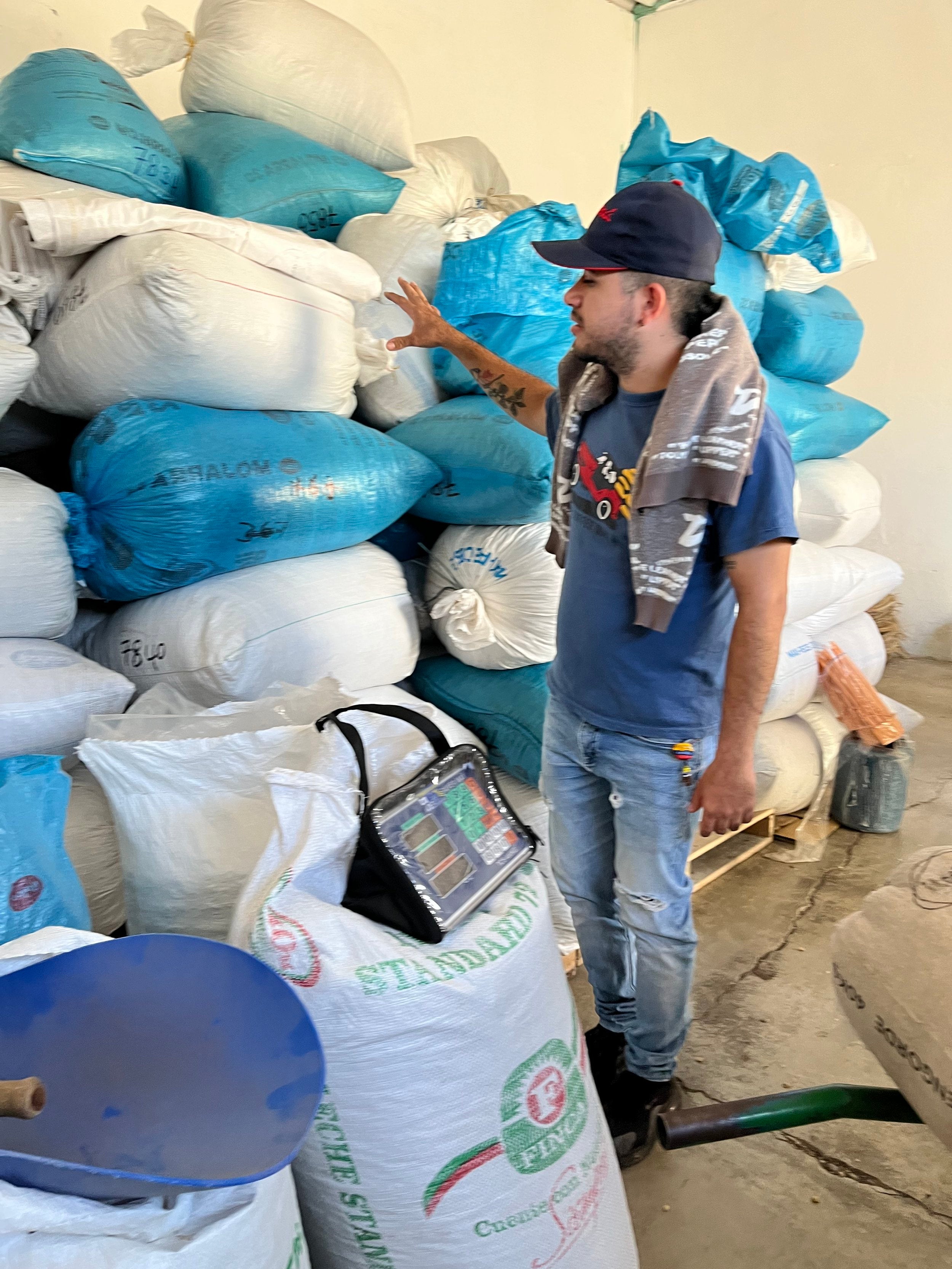
Leave a comment
This site is protected by hCaptcha and the hCaptcha Privacy Policy and Terms of Service apply.